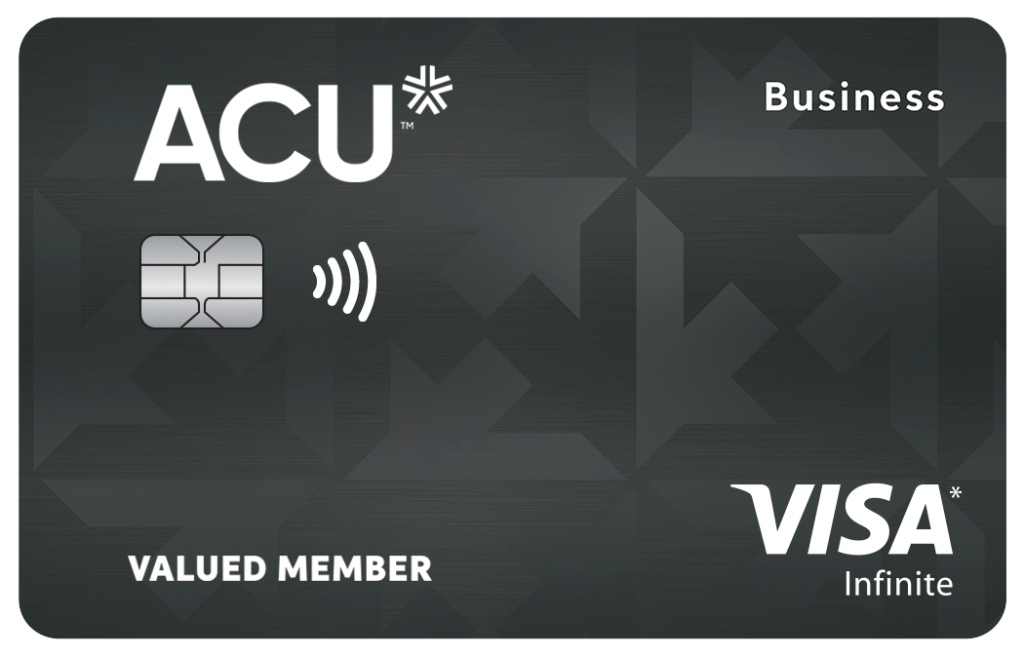Posted: April 19, 2022 by Christine Wong in Business growth, business plan, small business financing
Small business loan 101: A step-by-step guide
Small businesses are a big deal.

They account for almost 98% of all businesses in Canada and employ about 90% of its private-sector workforce. Yet only half of small businesses make it to the five-year mark.
Give your small business a fighting chance with sufficient financing. Here’s a step-by-step guide to getting a small business loan:

Documents you need for a small business loan
Although the world has largely gone digital, you’ll need some crucial documents to apply for a small business loan including:
- Personal Net Worth Statement: Personal assets for collateral may be required.
- Your credit rating and history: To be accessed by the lender, requiring signed consent provided as part of the Personal Net Worth statement above.
- A business plan: This is important for new start ups.
- Year-end financial statements: Including your Balance Sheet, Income Statement and Expense Report, along with a Year-to-Date Statement for existing businesses.

What to include in a business plan for your small business loan application
The business plan is extremely important for a successful small business loan application. It should include:
- A brief history of the business
- Its structure (i.e., corporation, sole proprietorship, etc.)
- Size, key management positions and expertise of staff
- Operational details (i.e., manufacturing, distribution, ecommerce)
- Main products and services
- Your business strategy
- Overview of your industry and main competition
- Marketing strategy
- Pricing points
- Data on cash flow, revenue, costs, profits and losses
- Growth plans and sales forecasts (at least 12 months)
Don’t forget to tell a story: what makes your business special and unique? Put some passion into your plan! Be brief, keeping it to two pages, if possible, but also be compelling.

Did you know Assiniboine Credit Union offers business credit cards?
Manage your business expenses, make purchases, and let your business grow with a business credit card that works for you.

7 ways to avoid a business cash flow crisis
Where to get small business loans
Everyone knows banks provide loans. But did you know that a 2016 study found credit unions provide small businesses with better quality financial services – including loans — than banks?
After surveying over 11,000 small businesses, the Canadian Federation of Independent Business (CFIB) concluded that, “credit unions continue to be the top performers when it comes to serving small businesses’ overall financial needs.”
In addition, credit unions are continuing to focus on improving their member experience ratings, as a 2020 CFIB study explains. “Credit unions are taking measures to be very small-business friendly, and it’s paying off,” according to CFIB, pointing out that credit unions ranked highest compared to other financial institutions across all areas of evaluation.
Don’t overlook government lending programs either, such as the Canada Small Business Financing Program (CSBFP), which provides:
- Small business loans worth up to $1 million for small businesses/startups with gross annual revenues of $10 million or less
- Loans that can be used to buy or renovate real estate or purchase equipment for your business
Some lenders offer small business loans targeted to specific types of entrepreneurs (like women, youth or Indigenous people) or businesses (such as IT or cleantech), so find out if you qualify for those programs.
Many alternative lending platforms have also sprung up online in recent years, including peer-to-peer financing. Be aware, however, that they often charge much higher interest rates and may require direct, real-time access to data from your banking, accounting and distribution systems.

5 great choices for small business funding
Repaying a small business loan
Each lender has different repayment policies, but these examples may help you prepare:
Collateral: Some lenders require assets (business or personal) as collateral for small business loans, while others may ask you to sign an unsecured personal guarantee instead.
Interest: In CFIB’s study mentioned above, businesses of the following sizes were charged these average rates:
- less than five employees: 2.28 percentage points above prime
- 5-49 employees: 1.96 points above prime
- 50-499 employees: 1.47 points above prime
Fees: Consider what fees and additional expenses may be required. While some may have no application fees, make sure you’re aware of any other charges. For CSBFP, for example, there is a registration fee of two per cent of the total loan amount that must be paid to the Government of Canada, but can be financed as part of the CSBF loan. There may also be application, registration and other administration fees charged by the lender, which you should understand before making a formal small business loan application.
Penalties: Likewise, ask if any penalties could be part of the small business loan agreement. For example, you might find out there is no penalty for early or lump sum payments, which allows you to repay the small business loan faster if you bring in extra revenue.
Repayment timeline: Some lenders may require that the loan must be repaid over a certain period, such as 60 months. They may also allow initial payments to be for interest only, which buys you some time to pay back the full amount.

Where to invest your company profits
The bottom line on finding a small business loan
You don’t have to accept the first loan offer you get. Shop around for the loan that works for your business, whether that includes the lowest rates, smallest fees, best service or industry expertise.
Small businesses should also look for long-term financial partners, not just transactional lenders. A good business advisor will want to ensure the health of your accounts and the growth of your business. Here are some other things that a good financial institution partner should be offering your small business.
Finally, ask fellow entrepreneurs which lenders have provided them with solid financing and outstanding service. Getting these types of referrals from your own trusted contacts is a great place to start when you’re shopping and applying for a small business loan. At the end of the day, you need to be comfortable with your financing and how it will fit into the future strategy of your organization.
If you’re in business, we’re here to help. ACU’s Community Financial Centre and Business Financial Centre can provide advice and strategic guidance to help you find the right small business loan and plan a path for the years ahead.
Reach out to your Account Manager or book an appointment today. Or give us a call at 204.958.8588 (toll-free 1.877.958.8588) or email business@acu.ca.
Up Next
Community stories
Read more ›
Sustainability: How ACU is turning words into action
A hand holding a seedling
Advice/Perspectives, Community stories
Read more ›
For ACU, Pride radiates outward
“I’ve always wanted to instill a change in the world for the better,” says Cristina McCourt, Financial Account Manager Trainee and member of the ACU Pride Committee, an employee-led resource…
Advice/Perspectives, Borrow, Business growth
Read more ›
Royal Aviation Museum travels to its final destination—with ACU’s help
A stone’s throw from the main terminal of Winnipeg Richardson International Airport you’ll find one of Canada’s hidden gems, where the airplanes are a little more exciting than your typical…






